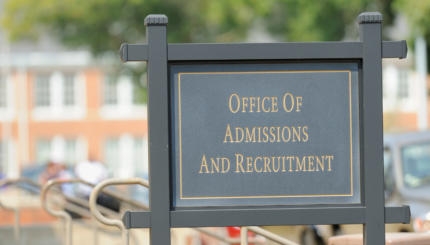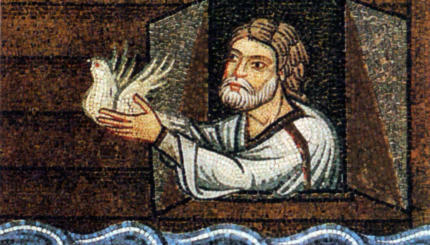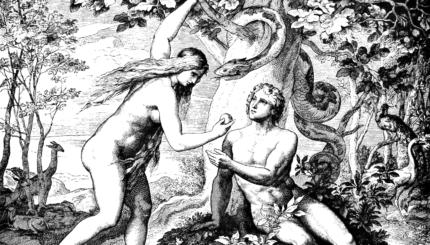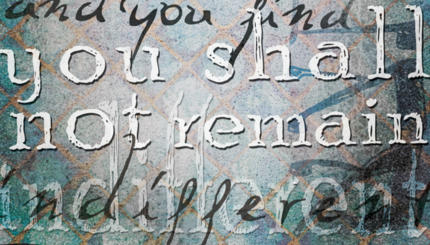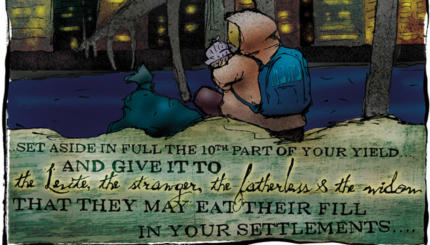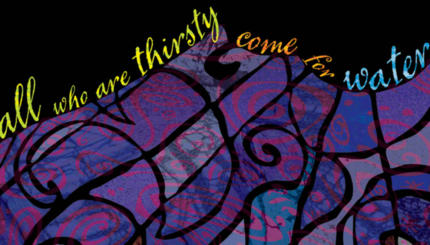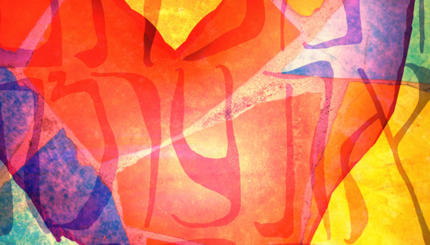Bible
A Model of Unconditional Love
Abram provides us with a model for loving God and people for their own sake and not for any manifestation of that love.
Biblical Affirmative Action?
The talmudic discussion of Noah's righteousness sheds light on our understanding of leveling the playing field.
Noah and the Difference Between Blameless and Righteous
When Jews did not have power, our righteousness was synonymous with blamelessness. How do we define righteousness today, in an age in which Jews do possess power?
God Of Jews, God Of Humanity
The seven Noahide commandments mediate God's love for all of humanity and God's unique relationship with the Jewish people.
Naming Noah
Noah's father saw in him the possibility for greatness -- something parents experience even today.
Flooded With Violence
Noah's response to the flood indicates that violence is an ingrained aspect to human nature that must be acknowledged and channeled for good.
Completing Creation
Our physical existence depends on spiritual, sacred focus for completeness.
Genesis Means Origins
The first book of the Torah tells of the origins of the world and of the children of Israel.
Sins of the Father
The Torah's declaration that parents are not responsible for the sins of their children (and vice versa) is a gem of modern parenting advice.
Forging the Intergenerational Self
The Torah's commandment regarding the first fruits offers a kernel of wisdom about the importance of knowing where we came from.
Telling and Retelling
Why does Moses repeat the history of Israelite people on the eve of crossing into the promised land?
Winning the Divine Lottery
Moses reminds the Israelites that their accomplishments are not solely the result of their own efforts.

